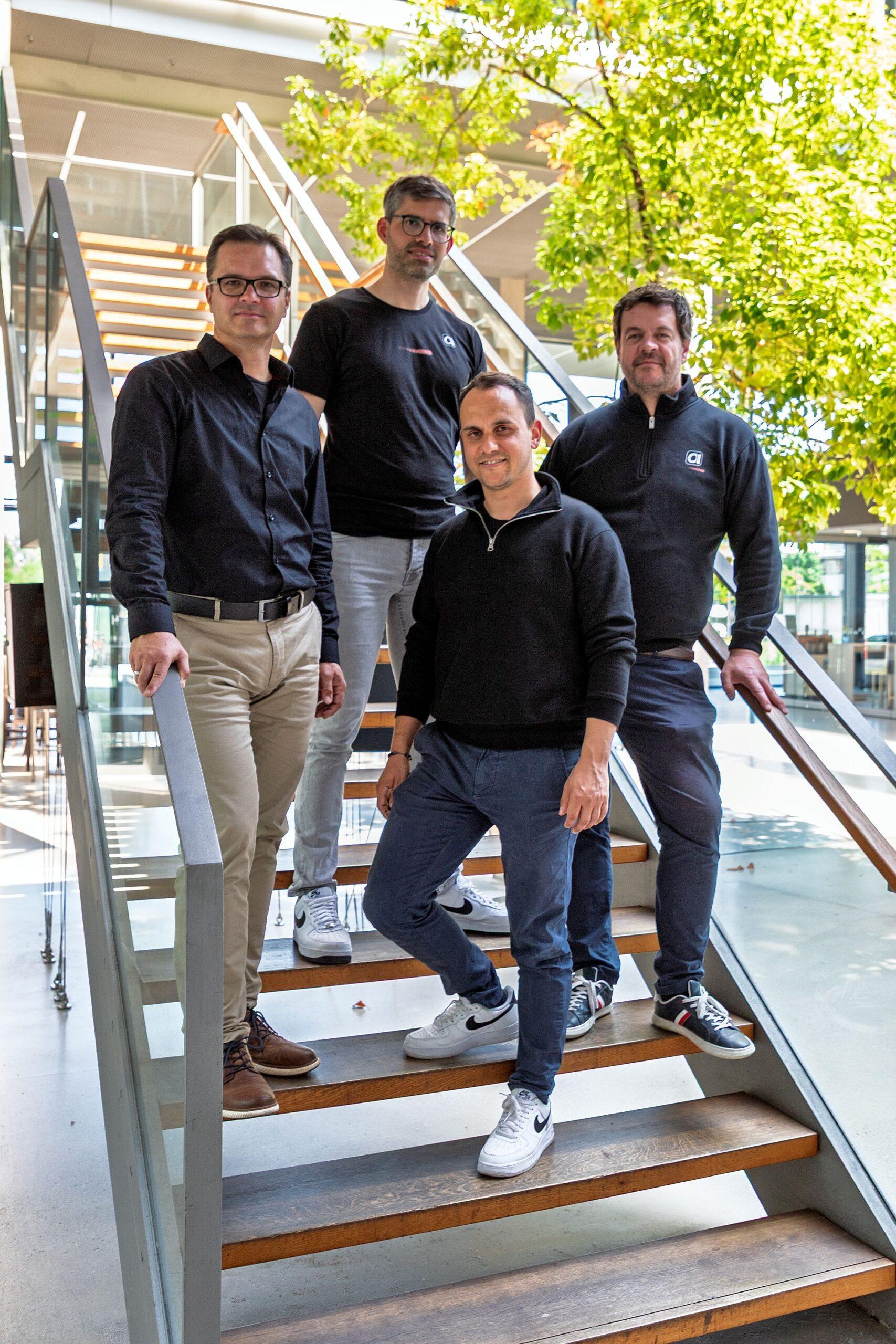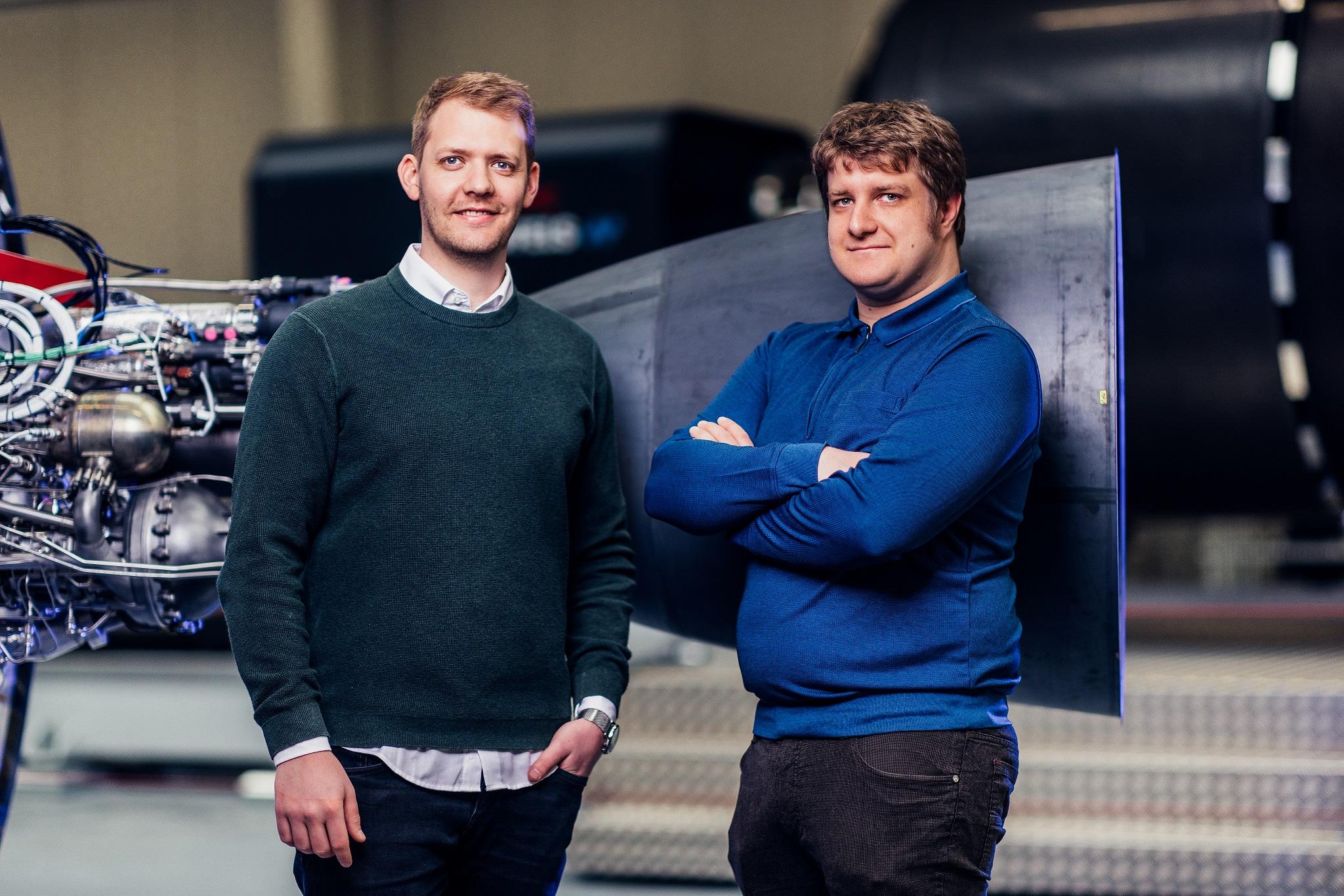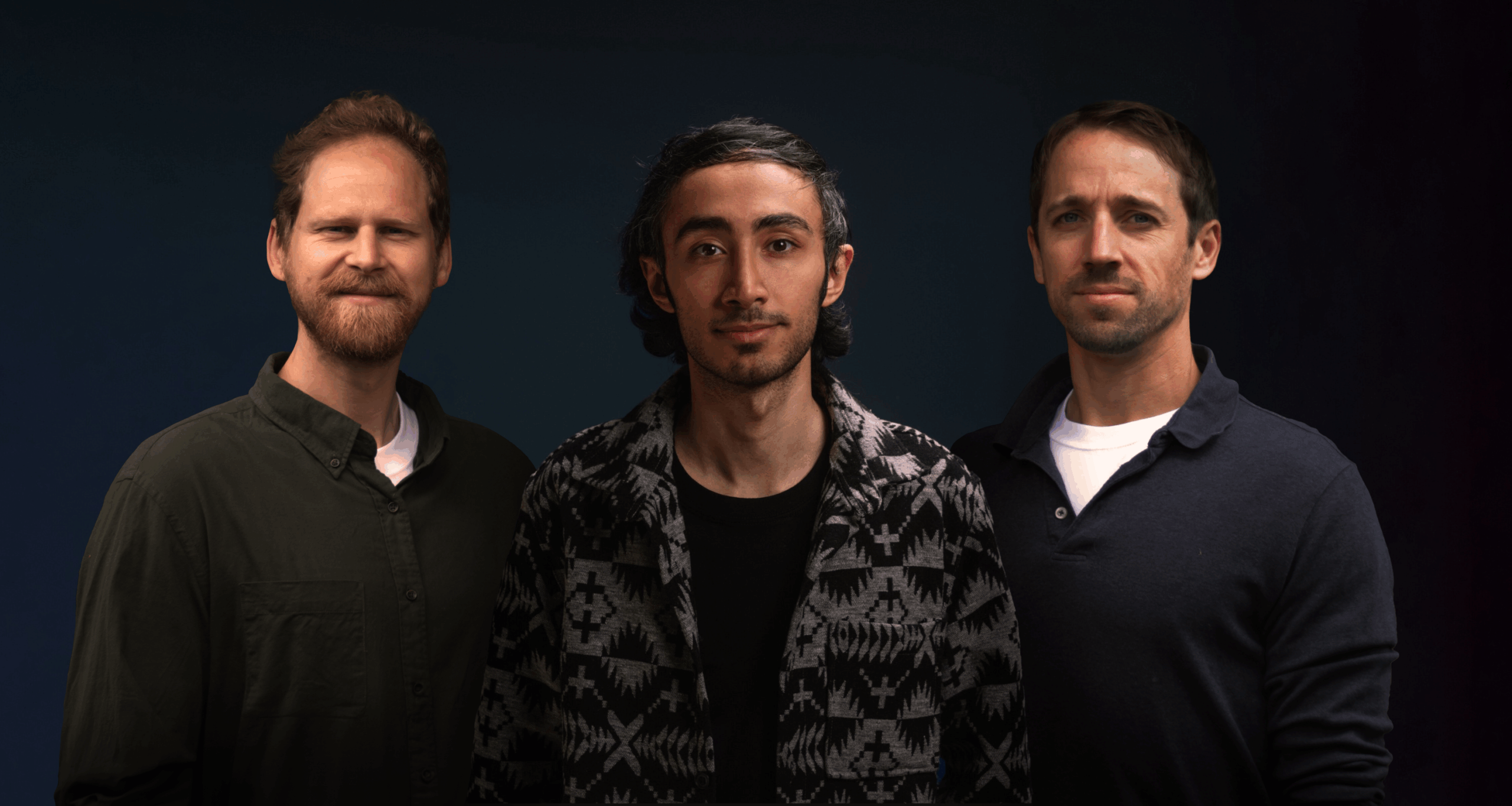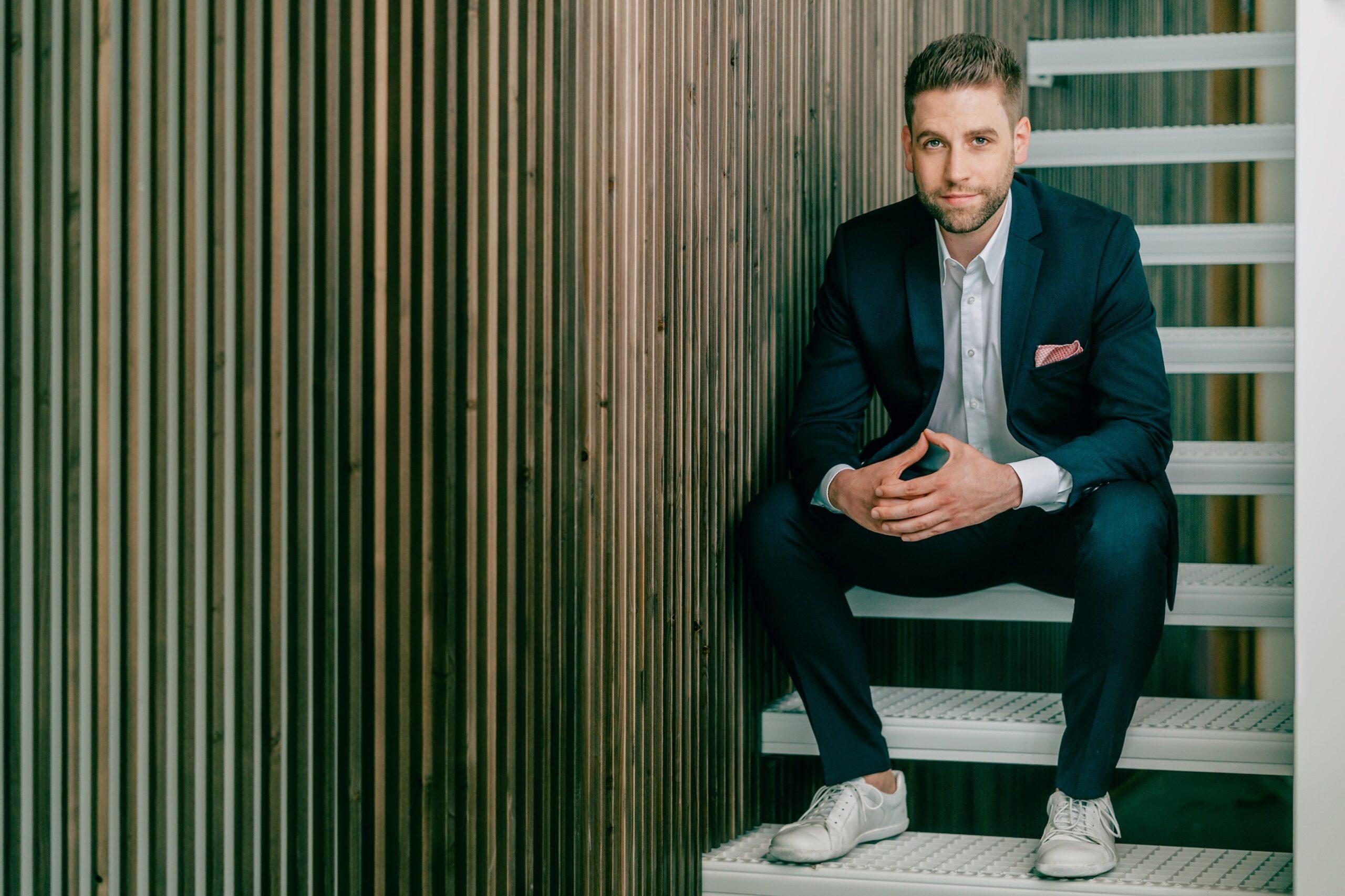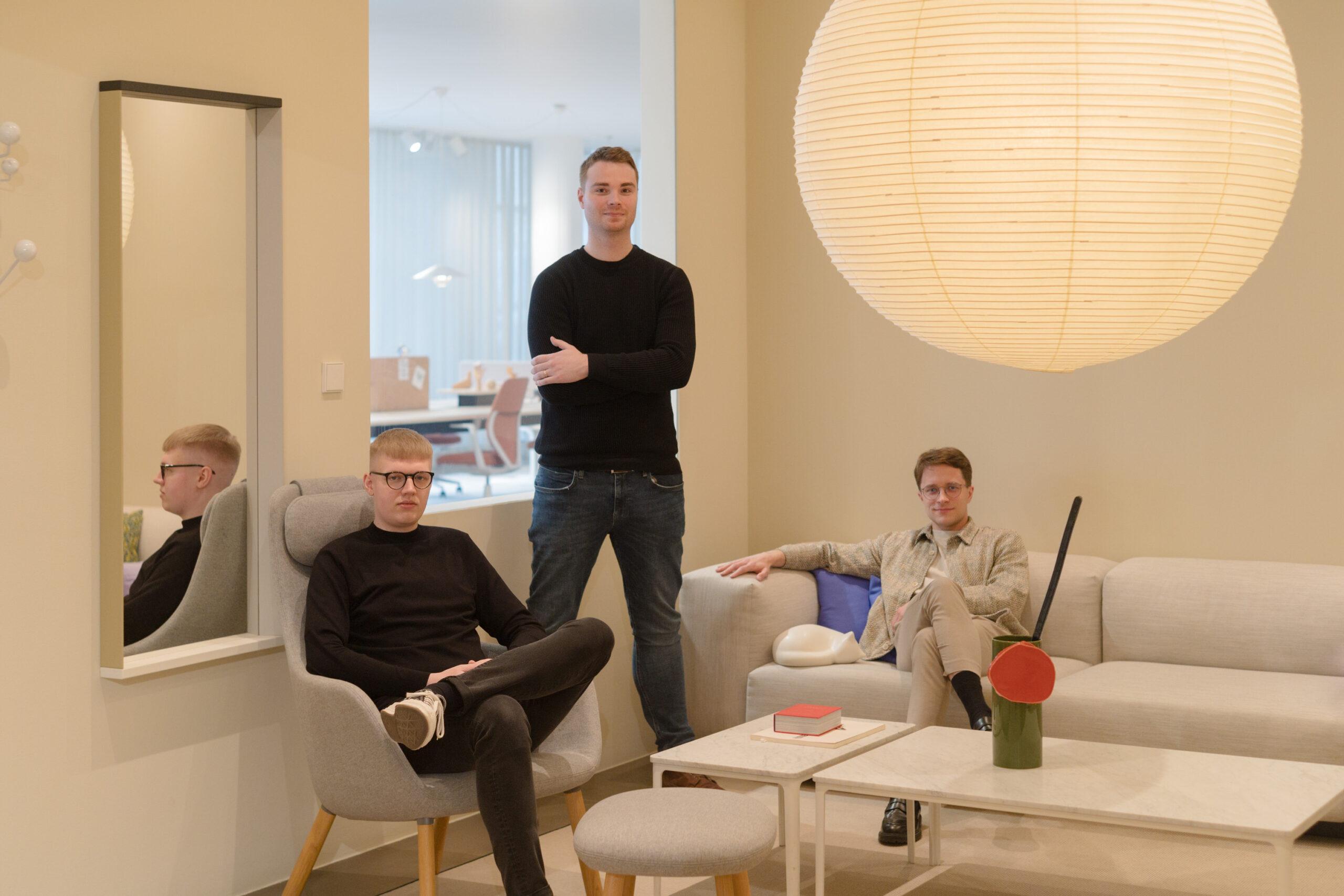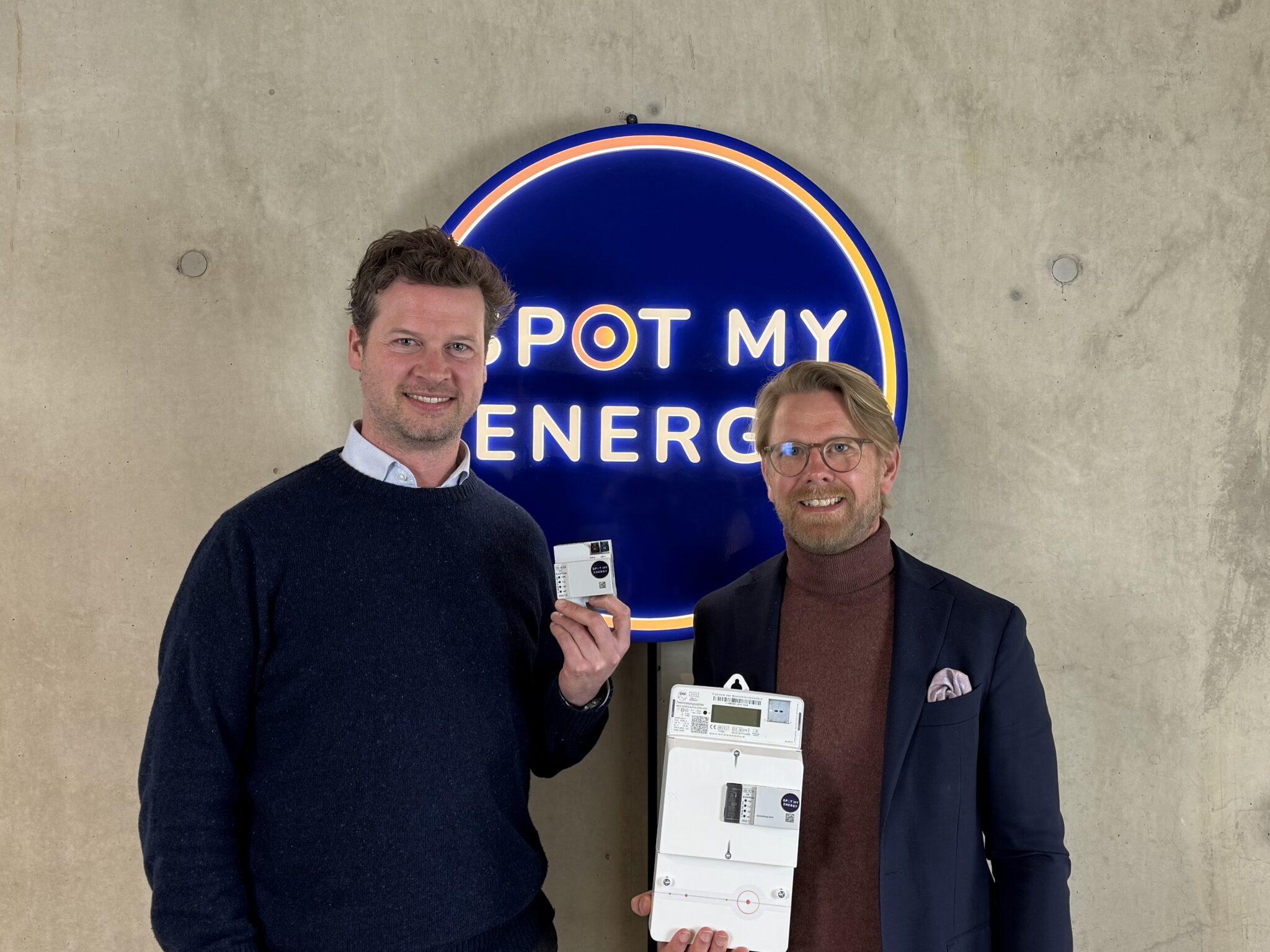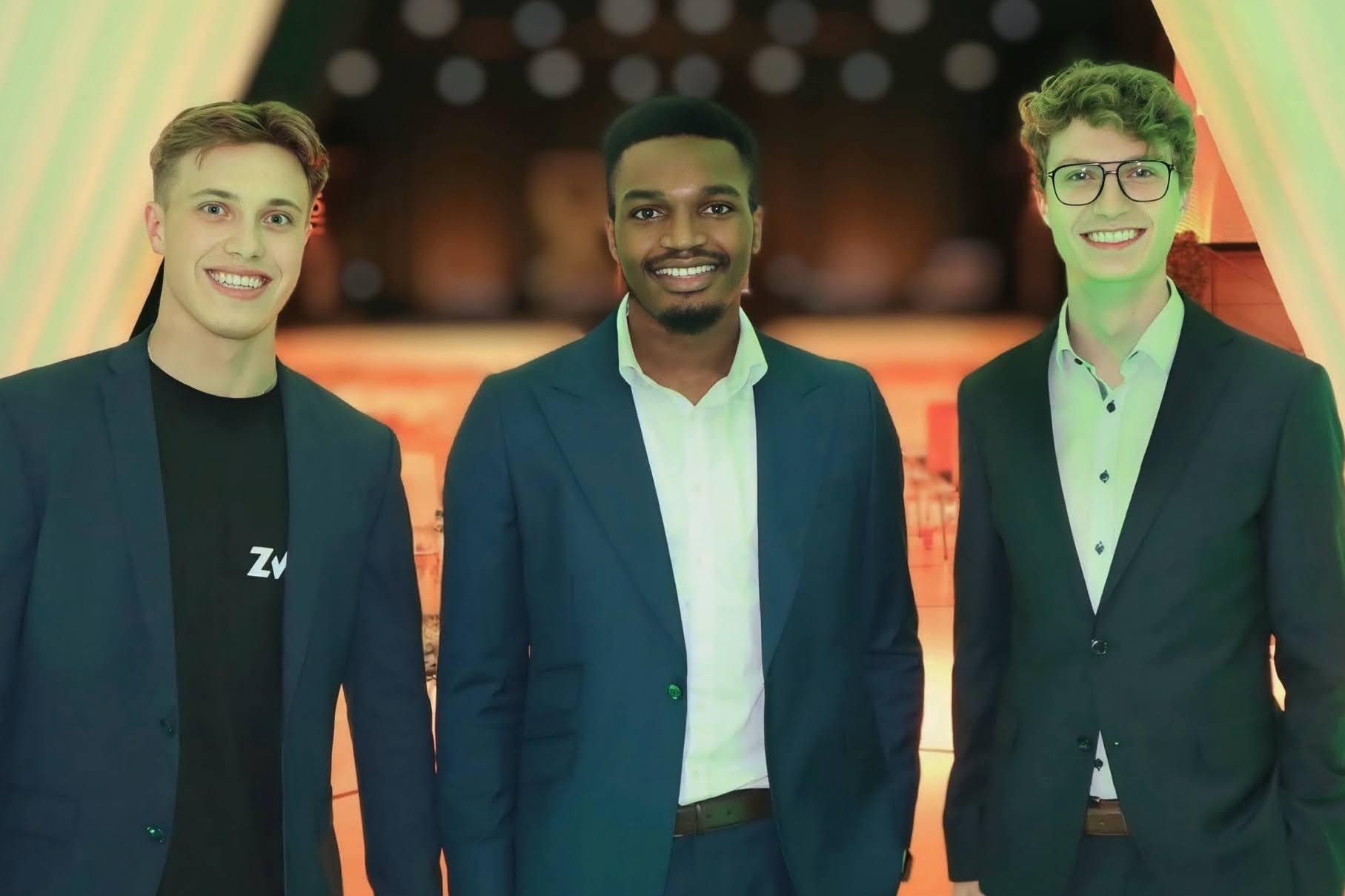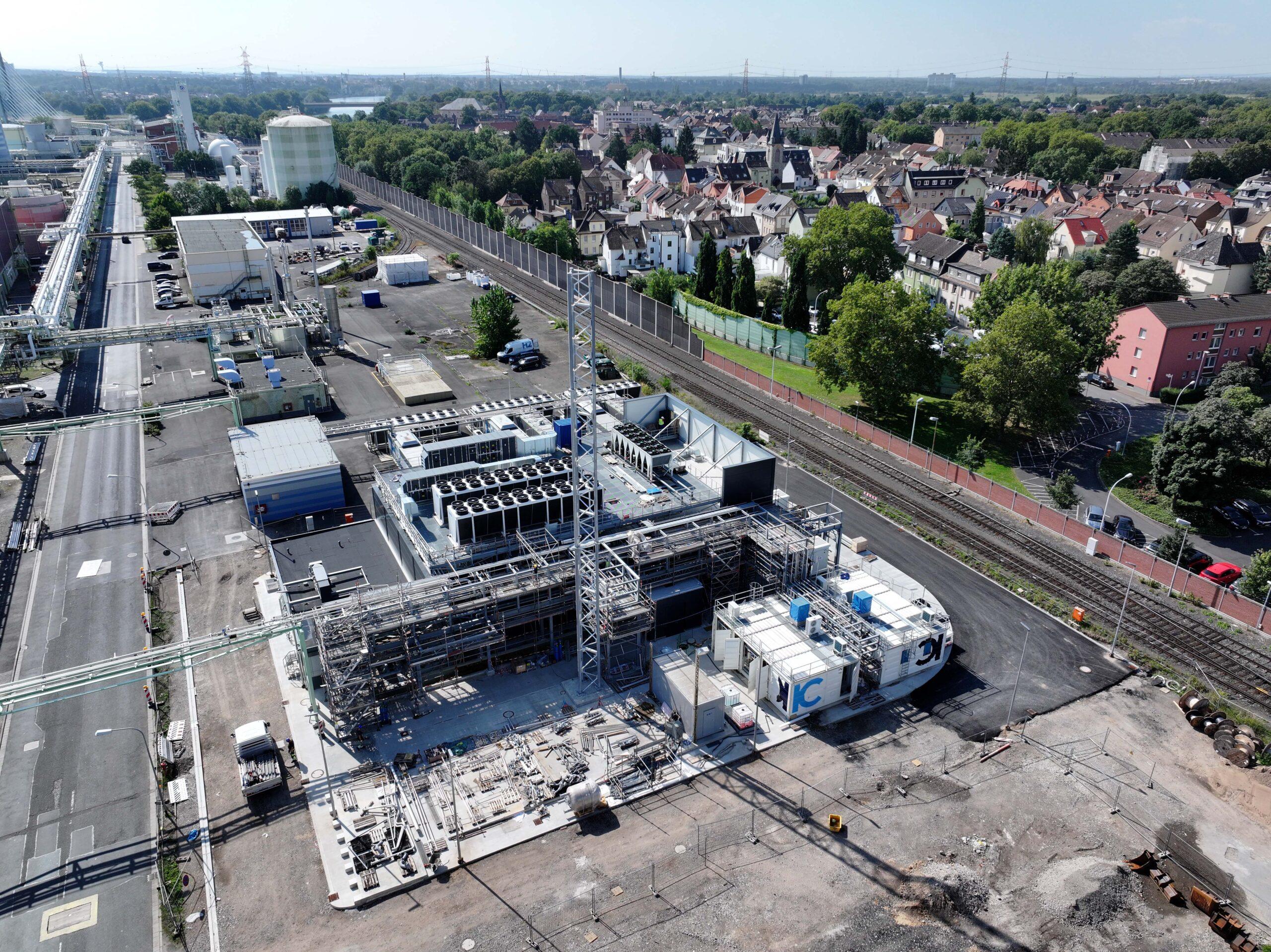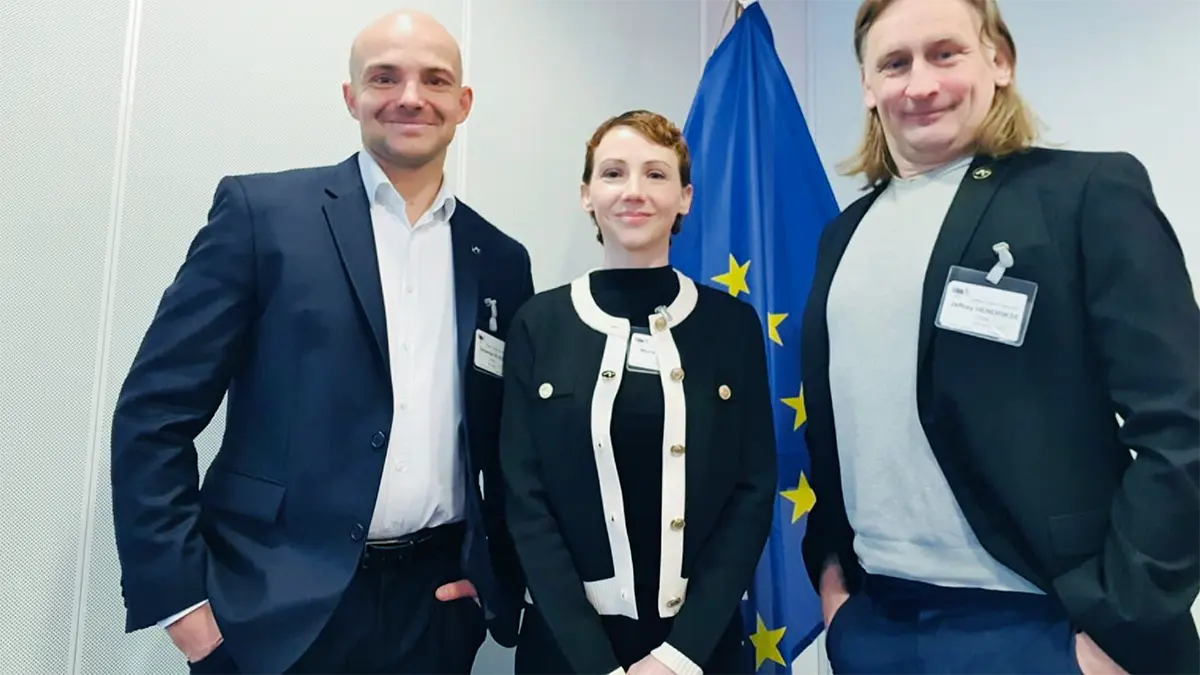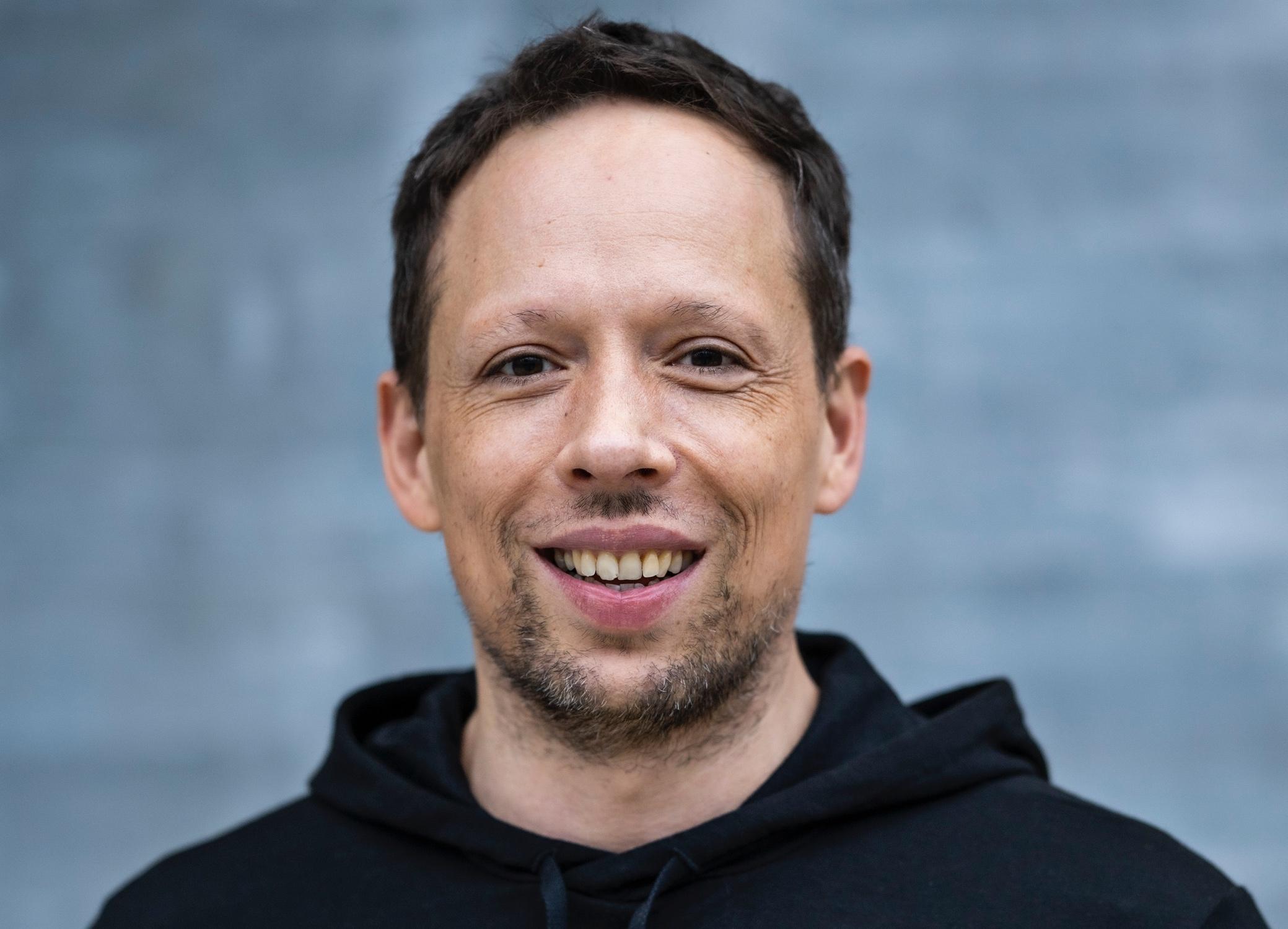"Many impact start-ups are underestimated"
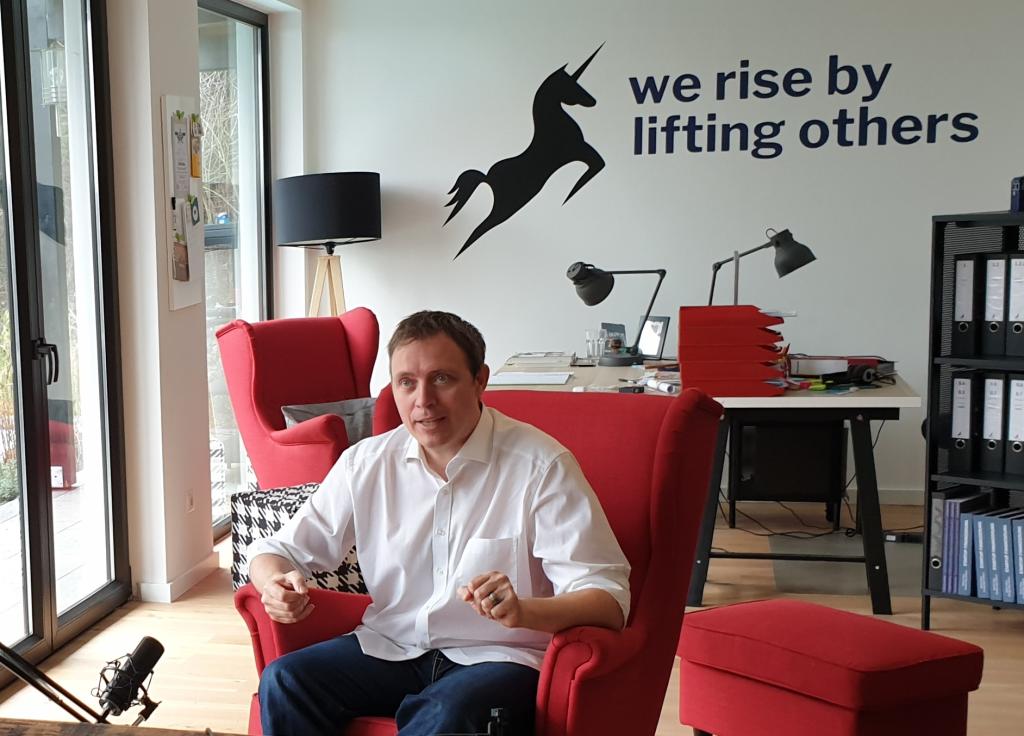
Ina and Ingo Dahm want to enable private investors to invest in sustainable start-ups. But does that even make sense?
It has to be said that the founding couple Ina and Ingo Dahm have made themselves at home. Their start-up Capacura is based in the heart of Cologne's old town, just 100 meters from the Rhine. From there, they and their team look for promising sustainable start-ups, invest in them and then want to involve small private investors. However, critics warn that such investments are associated with a high level of risk for small investors.
Mr. Dahm, you want to have a sustainable impact with Capacura. Why is that so important to you?
Because we want to make a contribution to a good future with our investments. Many people like this approach, but are worried about poor returns.
People often ask us how much return they will have to forgo if they invest in impact. I always ask the counter question? Are you investing in porn, or in child labor, or in landmines or drugs? It's clear to us that these are very lucrative businesses from a purely financial point of view. Most people then say to me, completely indignant, that they don't do that. Then I say to them: And that's why you should invest in impact. You have an inner compass, an inner value system. It's about investing in what you think is good. We wanted to create a remedy for this, on the one hand for the impact start-ups, so that they are better able to obtain funding and are in a better position than start-ups that do not follow this value system. On the other hand, we wanted to help all those who would like to invest in start-ups but are unable to participate in this club business because they lack the large sums of money.
If start-ups can't find money, it may be because an investment is simply unattractive.
Of course, that can be a reason. But many impact start-ups are also underestimated. The figures suggest that investing in impact start-ups is much more stable in value than traditional start-up investments. We can think about how crisis-resistant e-commerce or marketing start-ups are. When a company is doing badly, it can usually save money in three areas: Marketing, personnel and material costs. Marketing start-ups therefore suffer greatly as a result. On the other hand, if we have a start-up that promotes education for children, then it doesn't matter what the stock markets do.
When does a start-up become an impact start-up according to your definition?
There are the United Nations Sustainable Development Goals (SDGs) and it has to fit in with one of these goals. It is also important for us that it makes a difference in the areas of health, education or the environment.
You advertise very aggressively on your website that you would invest in the "best" start-ups, which for you is a mixture of opportunity, return and impact. What makes you so sure that you really find the best start-ups?
We have a different screening model than many other investors. Most business angels perhaps manage to look at one potential start-up a day, so they manage a maximum of 300 to 400 a year. We look at over 4,000 a year with the help of an algorithm. This helps us to classify the start-ups and basically consists of a data octopus and a time machine. To train the octopus, we looked at 100,000 start-ups from public sources and enriched them with other accessible data. In the next step, we let our program filter out all the information that would have existed at a certain point in time when an investor would have gone in. We now know whether these companies would have been attractive. This allows us to evaluate investments retrospectively and then make predictions about current start-ups. Of course, this is not a promise for the future because we use data from the past, but this process gives us a lot of confidence. This digital process also saves us a lot of time and manpower. Our initial assessment of whether we even want to take a closer look at a start-up takes 39 seconds.
Among other things, you are invested in the start-up Everwave, which fishes plastic out of the sea, where the impact is very clear to see. But you are also invested in the digital piano teacher Skoove. Why does that also fall under impact for you?
We shouldn't forget that Skoove is also active outside Germany. There are many children around the world who don't have access to piano teachers because their parents can't afford them.
Is the piano more expensive, or the teacher?
It can also be a keyboard and that is certainly cheaper than a piano teacher in many countries. And secondly, we are of the opinion that the ABCs and math are not the only things that count towards education. Musical understanding is a super important point. I think it's very important that we can enable many people all over the world to learn the piano.
You differ from traditional venture capitalists because private investors can participate in your investments via profit participation rights. How exactly does that work?
We are an operating company that invests in start-ups. If someone now says that they would like to participate in the commercial success of a start-up, they can come to us. For example, if we invest 100,000 euros in a start-up and a private investor would like to invest 2,000 euros in various start-ups through us, then they will receive exactly these shares. A profit participation right is then created, which is cut in the same way so that he is paid out according to his investment when a distribution is made. So if we later receive a payout of one million euros, the private investor receives 20,000 euros
Of course, this also works in the other direction. If the start-up valuation does not increase, the private investor makes a loss.
He may also lose the capital he has invested. And they may also lose their capital if Capacura goes bankrupt. We would like to point this out. Start-up investments are not the foundation for a secure retirement provision. But if a private investor has money left over and wants to do something positive, then a start-up investment through us could be just the thing for them.
How much money does Capacura invest itself?
We usually invest between 250,000 euros and 300,000 euros. We have identified a gap there. It is usually too much money for a business angel, but still too little for a venture capital fund. We then make 90 percent of our investment available to private investors. We hold ten percent ourselves. If no private investor is interested, we simply continue to hold our shares. And that is also the reason why we focus so much on sustainable start-ups. The business model has to be so good that we would go through with our investment on our own.
Thank you very much for the interview.
Personal details: Ingo Dahm researched and completed his doctorate in the field of machine learning and artificial intelligence. He worked for Microsoft and Deutsche Telekom, among others, and became Professor of Technology and Innovation Management at Bad Honnef University of Applied Sciences. Together with his wife, he founded Capacura in 2017.

Newsletter
Startups, stories and stats from the German startup ecosystem straight to your inbox. Subscribe with 2 clicks. Noice.
LinkedIn ConnectFYI: English edition available
Hello my friend, have you been stranded on the German edition of Startbase? At least your browser tells us, that you do not speak German - so maybe you would like to switch to the English edition instead?
FYI: Deutsche Edition verfügbar
Hallo mein Freund, du befindest dich auf der Englischen Edition der Startbase und laut deinem Browser sprichst du eigentlich auch Deutsch. Magst du die Sprache wechseln?



